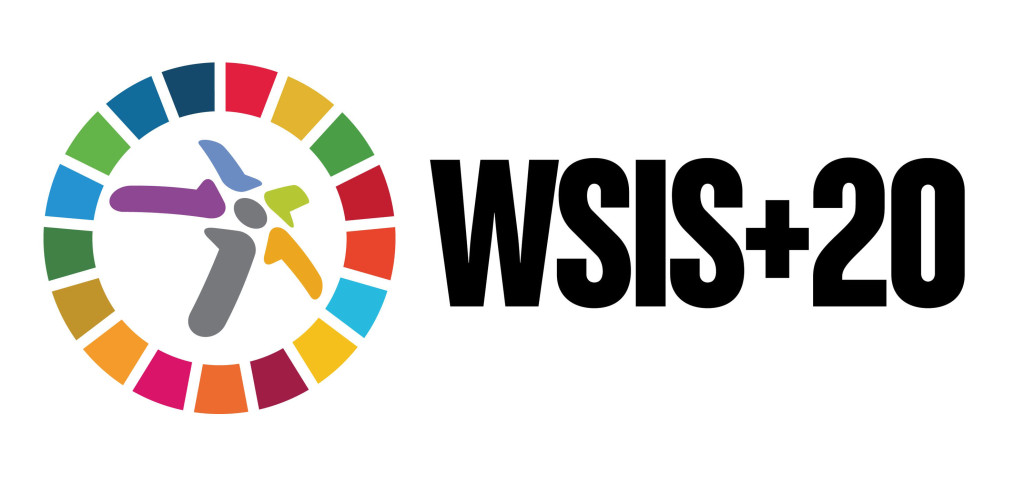InternetNZ calls for stronger recognition of Indigenous digital rights in WSIS+20 draft
InternetNZ has urged UN negotiators to give Indigenous Peoples formal recognition as distinct rights-holders in the WSIS+20 outcome document. Its submission calls for alignment with the UN Declaration on the Rights of Indigenous Peoples and the Global Digital Compact, emphasising data sovereignty, shared decision-making, and stronger representation within global digital governance structures.

InternetNZ has urged the United Nations to strengthen recognition of Indigenous Peoples’ digital rights in the WSIS+20 outcome document. In its submission to the Zero Draft, the organisation argues that Indigenous Peoples should be treated as distinct rights-holders under international law, not merely included within general civil-society categories.
The proposal calls for the WSIS+20 text to align with the UN Declaration on the Rights of Indigenous Peoples (UNDRIP) and the Global Digital Compact, both of which recognise self-determination and participation in decision-making as core principles. InternetNZ says Indigenous participation must go beyond consultation to include shared authority in shaping digital governance frameworks.
The submission also highlights Indigenous data sovereignty, urging that communities retain control over how their data is collected, used, and shared. It references the CARE Principles for Indigenous Data Governance as a model for implementation.
InternetNZ further recommends establishing an Indigenous Peoples Advisory Group within the Internet Governance Forum (IGF) to ensure consistent representation across UN digital processes. It also supports commitments to protect and revitalise Indigenous languages online as part of the ongoing International Decade of Indigenous Languages.
The organisation concludes that recognising Indigenous Peoples as full partners in digital policy would bring the WSIS framework in line with international human-rights standards and strengthen global digital inclusion.


